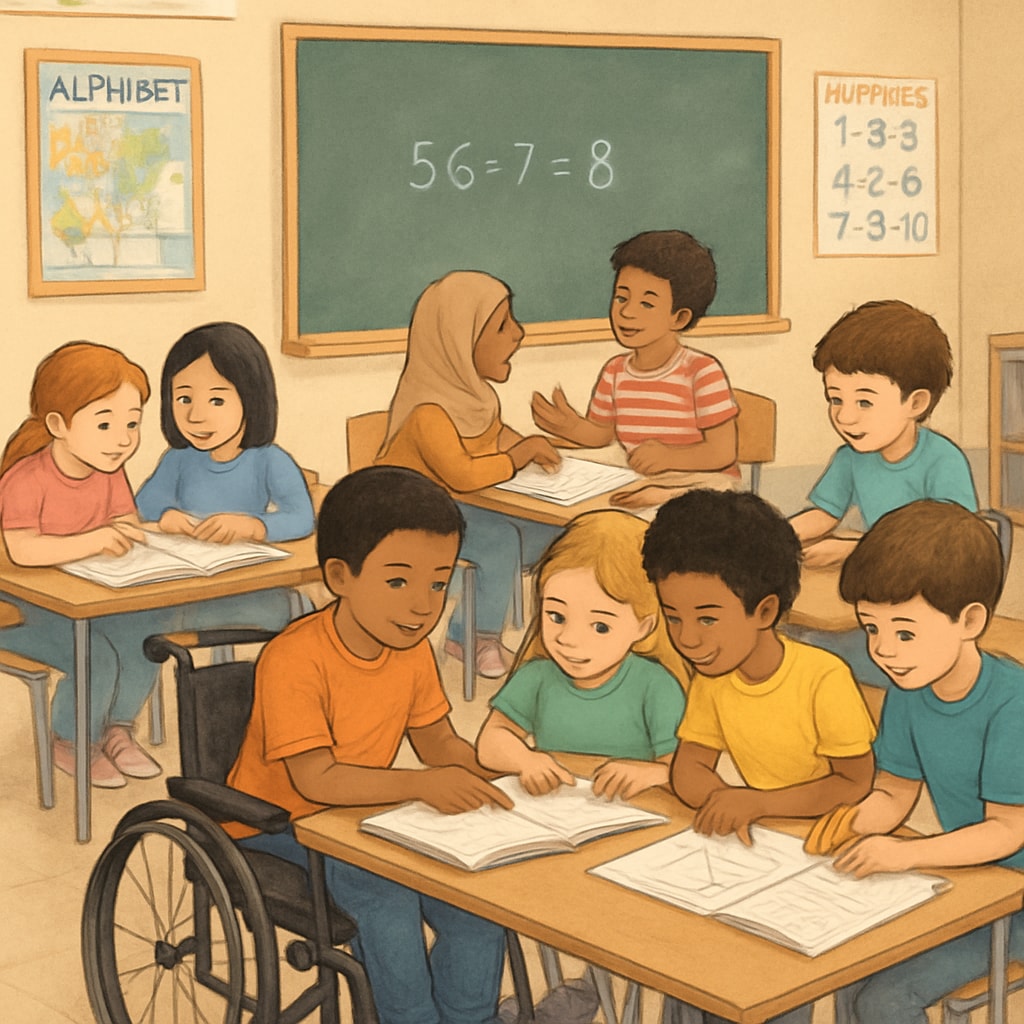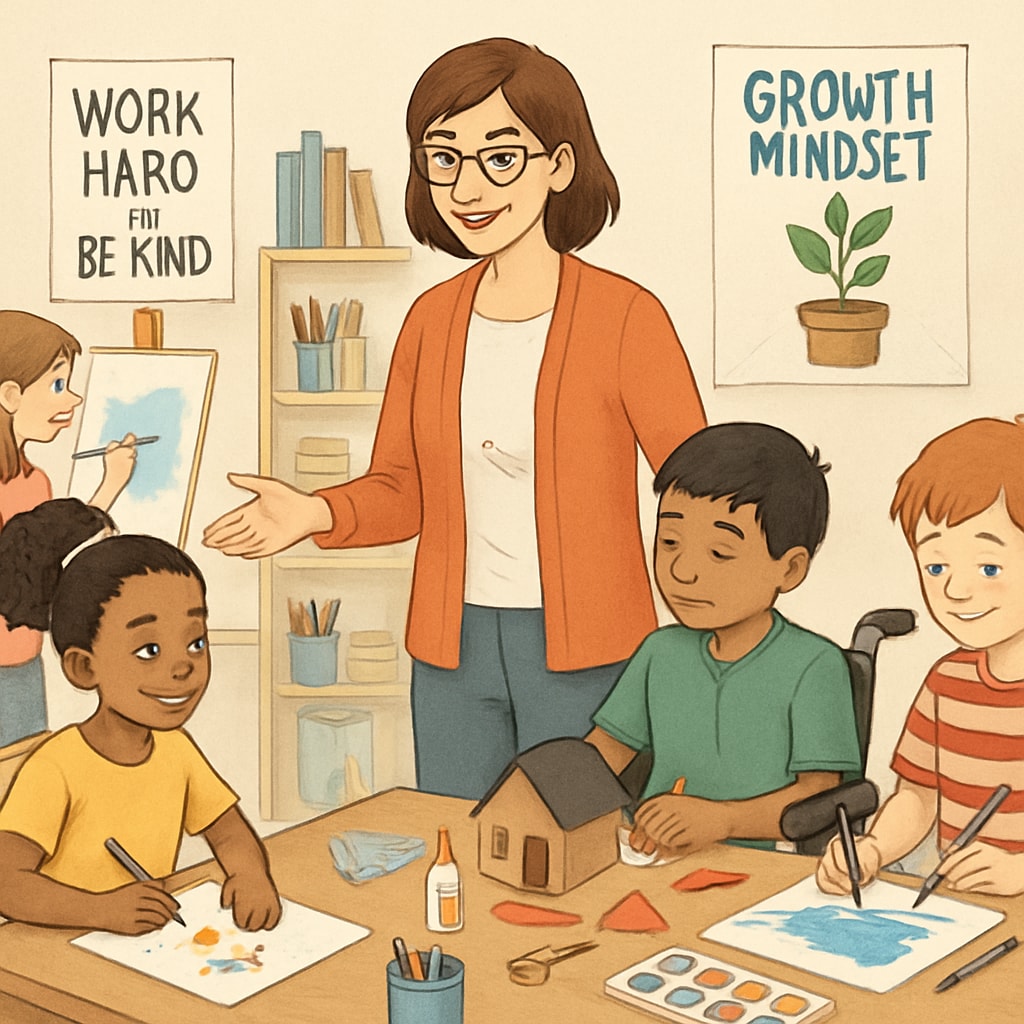The concept of “talent” is often glorified in K12 education systems, but its consequences can be profoundly damaging. Labeling students with or without talent creates a dichotomy that restricts growth, fosters unhealthy comparisons, and builds unwarranted pressure. This article dives into the effects of talent labeling, proposing a shift toward more inclusive and growth-focused educational practices.

How Talent Labels Limit Growth and Opportunity
Labeling students as “talented” or “untalented” creates invisible barriers within the learning environment. For those deemed “untalented,” it often leads to diminished self-worth and limited access to advanced resources. On the other hand, “talented” students face immense pressure to perform, often at the expense of their emotional well-being.
For example, a student labeled as untalented may internalize the belief that their potential is fixed, discouraging them from attempting new challenges. Meanwhile, the so-called talented student might overextend themselves to meet unrealistic expectations. As a result, both groups suffer, as their growth opportunities are constrained by the rigidity of these labels.
The Psychological Impact of Labels
From a psychological perspective, labeling influences how students perceive themselves and their abilities. According to studies on the self-fulfilling prophecy, individuals often conform to the expectations set for them. Students labeled as “untalented” may stop striving for improvement, while “talented” students may develop fear of failure, viewing mistakes as threats to their identity.
In addition, labels can create social division. Peer dynamics are often influenced by perceptions of ability, leading to isolation or favoritism. An inclusive education system should aim to eliminate such hierarchies, enabling all students to thrive without comparisons.

Building Inclusive and Growth-Oriented Education Systems
Shifting away from talent-based labels requires a fundamental change in both mindset and practice. Educators can adopt strategies such as:
- Promoting Growth Mindset: Encourage students to view intelligence and skills as malleable. This approach fosters resilience and a willingness to learn.
- Personalized Learning: Tailor educational experiences to meet individual needs rather than generalizing abilities.
- Celebrating Effort: Focus on rewarding persistence and hard work over innate ability.
- Collaborative Environments: Create spaces where students can learn from one another, valuing diverse perspectives and strengths.
These practices are supported by research, such as Carol Dweck’s work on the growth mindset, which demonstrates that emphasizing effort over talent leads to better academic and emotional outcomes.
Conclusion: Redefining the Role of Talent in Education
The K12 education system has long relied on the notion of talent as a measure of worth. However, this approach is outdated and harmful. By shifting to a growth-oriented and inclusive framework, educators can unlock the true potential of every student, fostering environments where effort and adaptability take precedence over static labels.
It’s time to redefine how we perceive ability in education and ensure that every learner feels valued and empowered to pursue their own path to success.
Readability guidance: Short paragraphs, active voice, and transitional phrases ensure clarity. Lists summarize key points effectively, enhancing the reader’s understanding.


